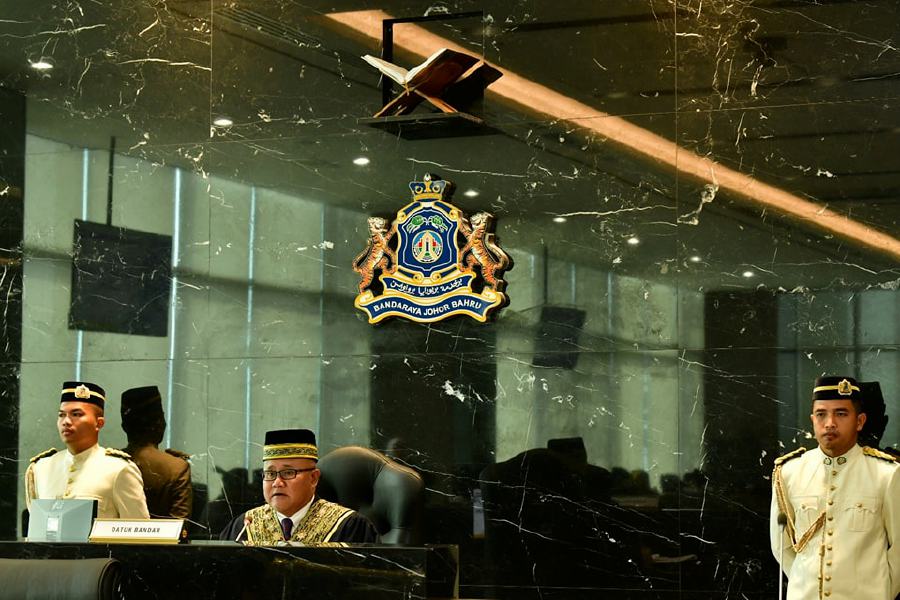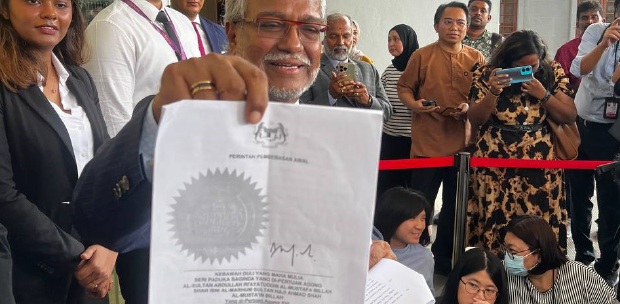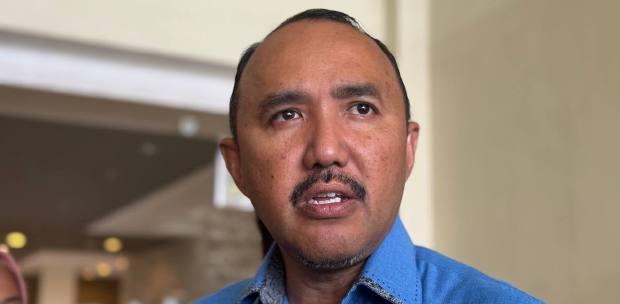JOHOR BARU: The Johor Baru City Council (MBJB) has suspended all new licence applications for spa, reflexology, and massage businesses from today.
Mayor Datuk Mohd Noorazam Osman said the freeze on licences applications for these high-risk and sensitive businesses included for all shophouses, hotels, business complexes and malls in MBJB jurisdiction.
He said the decision was in response to the surge in the establishment of such businesses, with 20 new applications received each month.
"Applications received by the MBJB Licensing Department until Jan 31 will be put on hold pending review until the freeze is lifted at a time to be announced by MBJB.
"Guidelines will be issued by MBJB for entrepreneurs engaged in these high-risk and sensitive businesses.
"This suspension is aimed at planning and rebranding spa, massage, traditional massage and reflexology activities to be on a par with developed countries.
"It will be incorporated into new guidelines in line with the MBJB's image," he said at a press conference after the launch of GeoJB Portal version 3.0 in conjunction with the 30th anniversary of MBJB at Menara MBJB, here, today.
Noorazam said this measure was among efforts to ensure businesses were run according to the rules and without any suspicious elements.
So far, he said, 151 such businesses were operating legally, while 43 premises were found to violate conditions, including operating in unsuitable zones and lacking licences.
"The permanent licence fee for these premises is only RM800 per year, while the temporary licence is RM1,600," he said.
He added that the suspension of new licences was based on the decision of the Licensing Committee Meeting held on Jan 17.
"MBJB has also received numerous applications for licences to open vehicle washing centres, and this is taken seriously as many of them are operated by foreigners, such as Rohingya and Bangladeshis," he said.





